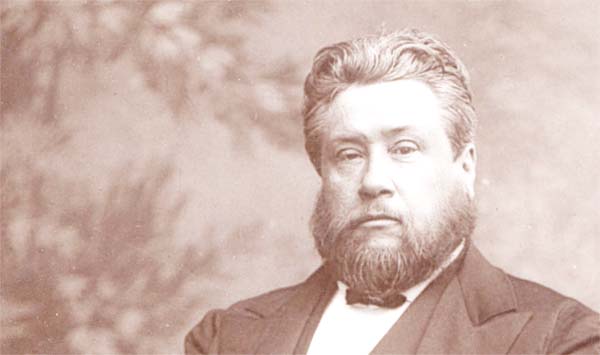My wife and I were struck by this recent devotion from C.H. Spurgeon’s Checkbook of Faith — so much so, in fact, that we’ve printed out a copy, framed it, and hope to make it a regular part of our prayer life. Nothing is more potent or refreshing than praying God’s promises back to him! From Every Sin “He will save his people from their sins” (Matthew 1:21).
Well Said
Unity, Liberty, Charity
Puritan pastor Richard Baxter took an old Latin phrase and popularized it in his day, in English. It is simple, but profound: “In essentials, unity; in non-essentials, liberty; in all things, charity.” Why was Baxter so concerned to see Christians publicly, charitably, doctrinally unified? Baxter, writing in 17th century England about the evil effects of division in the church, made this observation:
Lessons From George Muller
George Muller, the great nineteenth-century English preacher, fed over 10,000 orphans during his lifetime — on nothing but prayer. Refusing to solicit donations or perform fundraisers, Muller famously found God more than sufficient for all the needs of the orphanages as he daily prayed for their provision (read an excellent article here for more on that). Countless Christians since Muller’s day have discovered there are life lessons to be learned from God’s grace in and through this man’s faithful ministry.
Physics Says You Shouldn’t Exist
The creation is singing and dancing the praises of its Maker so clearly and so loudly, that Paul says everyone is “without excuse” when they ignore what is “clearly perceived” (Romans 1:20). The fine-tuning of this massive, marvelous, intricate universe we live in is just one of many ways that the creation is declaring the existence and glory of its Creator. Yet the effort to suppress the truth (Romans 1:18) continues in every generation, in a variety of ways.
Dilbert on Truth-speaking
Our goal when speaking to other Christians or unbelievers, Paul reminds us in Ephesians 4:15, is not to “debunk every belief you have.” It is to share the truth in love. The difference in these two ends should therefore lead to very different means, as well.




